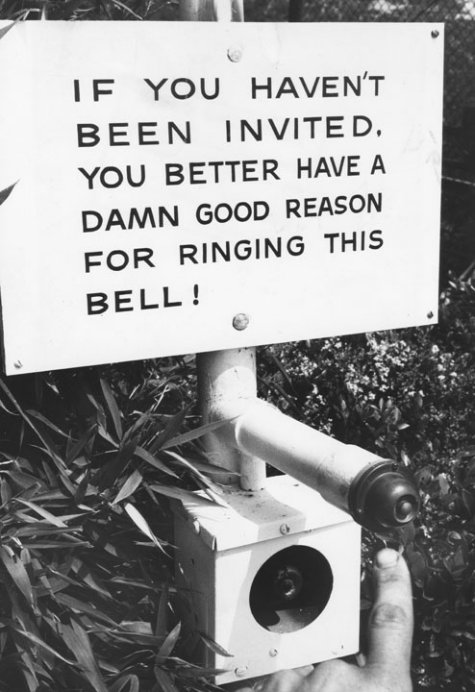Shopping: The Nation's Newest Contact Sport
If you braved the jungles of America's malls and big box stores over the just concluded Thanksgiving holiday weekend you probably don't need to hear any more tales of camp outs outside Best Buy stores to snag discounted TVs, turkey and stuffing fueled midnight mad dashes through the aisles of Walmart, and assorted reports of shopping-related mischief and mayhem. What's 'Cyber Monday?'
What's 'Cyber Monday?'
After reading some of the most recent stories of 'competitive' shoppers pepper spraying their rivals to score an X-box game, a frenzied fight over $2 waffle makers, or Walmart store security also playing the pepper spray card to get some unruly bargain hunters under control, you'd be completely thinking rationally and probably wisely if you decided not to venture out into the retail jungles this weekend. Aside - what the heck is it with pepper spray lately? We've gone from pepper spray being something no one's ever heard of just a few weeks back, to it being the 'go-to' item of choice for crowd control and the most trendy subdue your adversaries substance.
In fact, with today being designated as 'Cyber Monday', the most active and profitable online shopping day of the year, with many online and traditional retailers offering steep merchandise discounts and free or low cost product shipping, eschewing in person and 'real life' shopping in favor of the online approach is becoming more and more popular. I'll bet lots of folks figured they'd hit up a few of these Cyber Monday deals from the office today. In between status meetings, planning sessions, and catching up on email that may have come in from the rest of the world that unlike the USA was not on holiday for a few days, scoring an online deal here or there at work doesn't seem like to much of an issue for most workers and organizations.
Except of course when employees doing a little Cyber Monday bargain hunting is looked at like the potential time waster that is worker access to social networking sites from the office. According to a recent survey conducted Robert Half Technology, and reported on by the Los Angeles Times, "60% of more than 1,400 chief information officers interviewed said their companies block access to online shopping sites -- up from 48% last year. And an additional 23% of CIOs said that although their companies do allow access to shopping sites, they monitor employees for excessive use."
That is a drag for folks at those companies that figured they'd be able to save a little bit of time, (and possibly a shot pf pepper spray in the grill), by scoring a few items online while at the office. I won't argue that companies are not within their rights to block online shopping sites from being accessed via their locations and networks. After all, it really is not part of anyone's job description to be shopping online when they are supposed to be working.
But what online shopping does do for people is give them back a little bit of their time. Time saved driving all over town, fighting off crazed 'competitive' shoppers, going to one place only finding they have to try another in search of what they're looking for. For whatever cost and risk avoidance benefits online shopping provides, this time savings is perhaps the most valuable one of all.
Organizations, at least the ones that are actively blocking this online shopping activity, would do well to at least consider this value and benefits to their staffs. Sure, the work has to be done, and excessive goofing off or abuse of the system has to be kept in check, but loosening the reins, even if it was only a temporary measure, might go a long way into improving morale around the shop this holiday season.
The last few years have been tough on organizations and employees alike, a small and simple gesture that gives people one the most scarce and precious gifts - time, is likely to be one that is not forgotten, and one that pays off in the long run. And no one has to get pepper sprayed.

 Steve
Steve




